Musical Anatomy of a Superhero: Interview with Hollywood’s Renowned Genre Composers
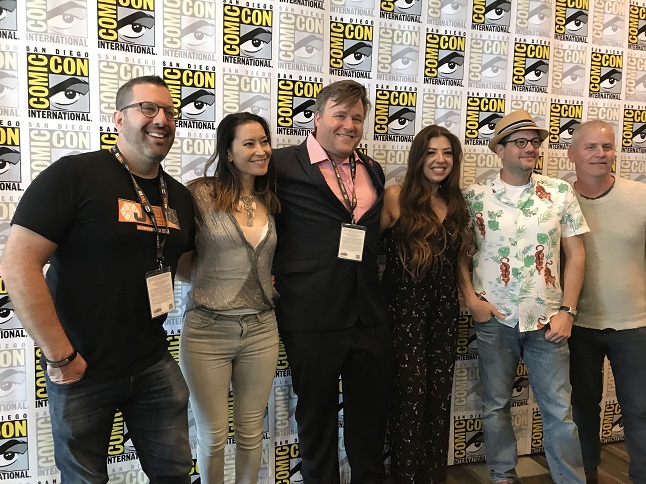
One of the amazing dynamics of San Diego Comic-Con is the access that fans have to the superstars of the entertainment industry. Panels offer fans a chance to ask questions of the otherwise inaccessible lead actors and behind-the-camera creative teams of the most popular movies and television shows. Through press rooms, private media outlets can talk to the brilliant people who are usually only available to major marketing channels.
One of these cherished opportunities occurred during SDCC 2019 when The Winchester Family Business’s Nightsky talked with the six notable Hollywood composers who made up The 7th Annual Musical Anatomy of a Superhero panel! This year’s panelists included:
Christopher Lennertz (Supernatural, The Boys, Agent Carter)
Michael Giacchino (Spider-man: Far From Home, Doctor Strange, Rogue One, Star Trek, Mission: Impossible, Jurassic Park)
Pinar Toprak (Captain Marvel, Krypton),
Benjamin Wallfisch (Shazam, Hellboy),
Sherri Chung (numerous Arrowverse shows, Blindspot, Nancy Drew),
Blake Neely (numerous Arrowverse shows, Blindspot, Pirates of the Caribbean)
These are the musical minds behind the biggest, blockbuster movies and superhero genre television shows, many of which are on The CW network! They explained the process and challenges of creating music for the superhero genre, and collaborating with the director, producers and franchises. This was a fabulous chance to learn about the memorable themes that are as much a part of our love of these shows as the actors and stories!
Christopher Lennertz
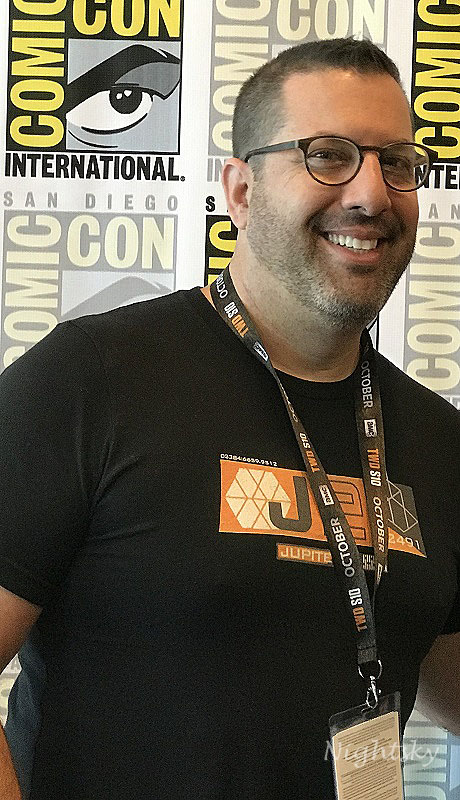
Christopher Lennertz, one of the two composers responsible for Supernatural’s legendary musical signature, was included in this illustrious group. Christopher has accompanied Sam and Dean on their journey since the “Pilot.” He and his musical partner, Jay Gruska, alternate episodes, composing and occasionally performing the background music, character themes and soundtracks that have given Supernatural so much of its heart. Perhaps their most memorable Supernatural compositions are the original songs in Supernatual’s musical “Fan Fiction” (lyrics by Robbie Thompson).
Lennertz’ credits include an Emmy nomination for Supernatural, a Grammy for his arrangements in the album Street Signs, and fourteen BMI awards for blockbuster movies, including Bad Moms, Horrible Bosses and Ride Along. He created the musical scores for the films Alvin and the Chipmunks, Hop, Think Like a Man and Sausage Party; the video game series Medal of Honor created by Steven Spielberg; the television series Revolution (also Kripke’s), Galavant and Agent Carter; and the Netflix sci-fi series Lost in Space.
Last year, Christopher joined the team of Eric Kripke’s new show, The Boys, which was being heavily promoted at SDCC 2019. This interview was primarily to promote The Boys, but Christopher was more than happy to talk about Supernatural! A transcript of Christopher’s interview with The WFB is included after the video.
Nightsky: I’m interested in The Boys vs. Supernatural. Obviously Supernatural has a very distinct musical signature. What are you going for in The Boys as opposed to Supernatural?
Christopher: Well, the great thing about it is that they’re both Eric Kripke. I love him dearly, like one of my favorite friends of all time. He was my next door neighbor in college, like in the same fraternity and everything. So Eric and I grew up together. We grew up loving movies and loving what music can do in movies. When he first called me about Supernatural, he was like, “These are two brothers who love each other, who are travelling across the country.” Supernatural has always been this mish-mash of scary but hopeful and lots of emotional – even that first season I wrote this elegy for dad, you know. It’s so much emotion, and then it’s also got all this funny stuff, like when Castiel’s ordering pizza and watching Cinemax. It’s all this great stuff that’s very – it all lives in this world of hope and family and fun and adventure.
Whereas The Boys – when Kripke first called me, he was like, “this is sort of the opposite… but not” because it’s super gritty and there’s a lot of things that are very morally ambiguous. Supernatural was never morally ambiguous. You kind of don’t know what’s right; you kind of don’t know who to root for at first but then there’s also this great heart. There’s Huey and Starlight [who] have this amazing bond eventually that – I can’t talk any more about unfortunately – but it does have that heart of Supernatural, but with a lot more violence, a lot more nastiness and grittiness, but it all still has that Kripke edge, has the Kripke comic thing. It’s comedy that at first you’re like, “Oh, ha ha” but then you’re like, “Wait a second. He just told us something about society that’s really important.” He’s done that for years on Supernatural. It’s similar in that at first you go, “this is just a fun romp” but then you’re like there’s all this deep emotion, and there’s all this deep social commentary. […] That’s kind of where The Boys ends up. It’s got multiple levels.
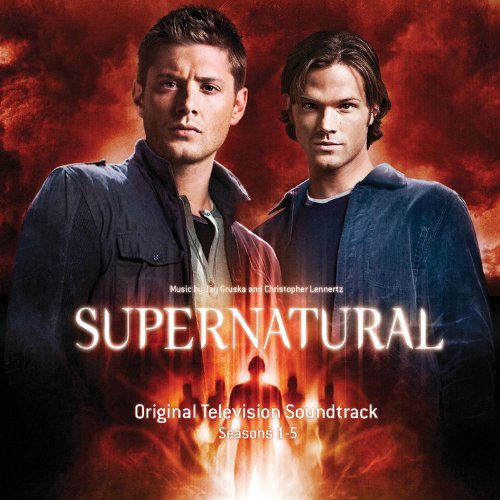
In response to the second question (which is largely inaudible), Christopher went into fascinating detail about the musical signature of The Boys:
Christopher: Absolutely. Well, what Eric and Seth both were really serious about at the beginning, was they wanted The Boys to have this sound that was very rough. I mentioned on the panel, I started turning in demos and all of the comments I kept getting back was, “This is too good. It’s too polished. It’s too well produced. It sounds too professional.” And so we kept going worse and worse and got to the point where I’m like, “Alright, I don’t need a good guitar player. I’m just gonna play it myself. I’m gonna play it.” And so it sort of got worse, and to the point where it became nasty and gritty and aggressive for the boys because they don’t have superpowers. He’s like, “Their music shouldn’t be anything related to what we know as superhero music. It needs to be the farthest from that that we can get.” But then “the seven”, who is our superhero team, their music has to be, on the outside, super, super polished. So it is very much the most Marvel-esque, Justice League – like, it’s so big, and very patriotic and very like, whatever. But then we brought back all that stuff which we recorded in Budapest, and then we put it in the computer, and actually used electronics to pitch down the orchestra, so when things start going wrong, it will be the middle of this crazy, very heroic theme and all of the sudden it’ll go [sound of decreasing musical tone] and it’ll dive bomb to the point where it ends up in the basement of just rumbling that feels almost like you’re nauseous. And it’s like this weird thing which is easier to do, as somebody was asking, and even on the panel, there is what people in our world believe to be superhero music. So when you take what everyone thinks is like, “Oh, I get this. This is superhero music for people who are fully made up of good intentions and wanna save the world. And then what happens when they don’t?” And then all of the sudden, musically, we follow that trip into the point of, “Uh oh. Something is really wrong.” And Eric really responded to that idea of turning everyone—. Let’s be honest, we’ve had a massive, multiple-decade run of every superhero making hundreds of millions of dollars, typically in the billions. And people know what it is. They’re so invested in all of this comic-con. They’re so invested. So he’s like, “I want to make ‘what happens if they’re not it. What happens if they’re not our heroes. And what happens to people when they find out that their heroes aren’t who they think they are.’.” And that was, that was it. So my job was to just do that musically.
Question: So you mentioned that there’s multiple decades, and you’ve composed for these, and you guys are all familiar with this and this. What kind of a place did you have to go to to compose The Boys emotionally? Like, was it anger? Was it like just trying to flip the script?
Christopher: I mean, it wasn’t anger at all. I think there was—I mean, I sort of fell in love with our heroes, with the boys, quickly because they’re very fun, you know, Frenchy, they’re a great—. As Kripke does so well, he makes characters come to life with dialogue, in such a great way, just like he did with Sam and Dean. But, I immediately jumped onto them and felt like they were a good representation of every people, of all of us, like trying to make things right. But then, like you said, I have this thirty-year history of that, so I got into this place of like, “What happens if, after all this time, you’re disappointed by the person you look up to the most? And how does that feel?” Because it’s not just bad, it’s betrayal. It’s literally twenty years of thinking someone is who they are and they’re not who they said they were. So there is this massive disappointment, and like, the rug getting pulled up off of you, which we tried to do. And I think, hopefully we accomplished that. Where there’s a lot of moments in the show, like I said, we couldn’t show clips because there were so many moments where you just go, “Oh my God. I can’t believe they just did that.” So hopefully everything stuck.
Thanks, guys!
[turning back to me] Enjoy the last season, by the way! It’ll be good!
While The WFB’s participation in the press room was originally intended to learn about the music for Supernatural and The Boys, all of the composers were fascinating! How often does one get a chance to talk with the creative geniuses behind the music from Captain Marvel, Doctor Strange, Spiderman, Rogue One (Star Wars), Justice League, Jurassic Park, Pirates of the Caribbean or Mission Impossible (to name just a few!)? These composers are also the people behind Supernatural’s extended family hits such as Shazam! (Zach Levi), and sister WB and CW shows such as Arrow, The Flash, Supergirl, Batwoman and the new show, Stargirl!
Enjoy hearing their insights! Short excerpts from each of their interviews are offered below each video.
Michael Giacchino
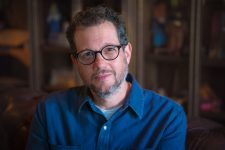
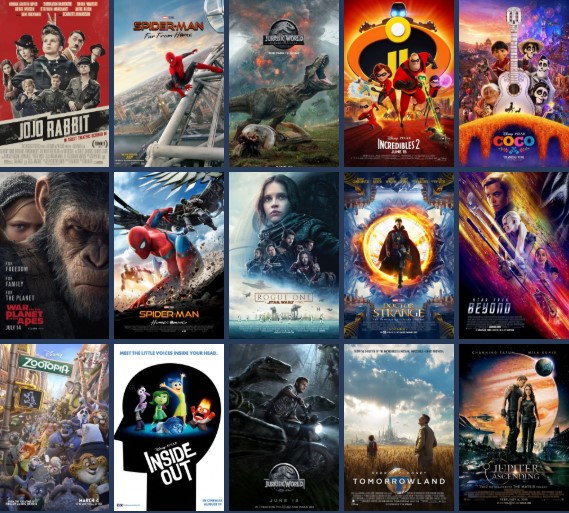
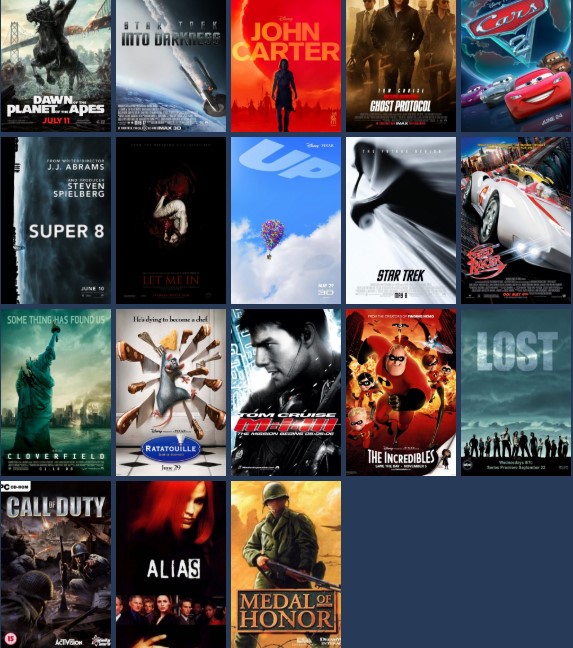
Michael Giacchino is an American composer of music for films, television and video games. He has received an Academy Award, a Primetime Emmy Award, and three Grammy Awards. His film scores include several films from the Mission: Impossible, Jurassic Park and Star Trek series, numerous Pixar Animation Studios films, Super 8, Dawn of the Planet of the Apes, Zootopia, Doctor Strange, Rogue One: A Star Wars Story, and Spider-Man: Far From Home. He also composed the score of the video game series Medal of Honor and Call of Duty and the television series Alias, Lost and Fringe.
In this interview, Michael specifically talks about Doctor Strange, Spider-Man, Alias and Lost.
“For me, it’s always first figuring out who is this character… I want to make sure that that works first. I want to get at the heart of that.”
“I try to track all those emotions that I experienced while watching it so that when I’m writing music, it’s a true reflection of what the characters are feeling…. It can get exhausting at the end of the day because you’re taking on all of this [emotion] and you’re feeling all of this. It’s a lot like being an actor, the way they take on the characters and the emotions.”
“I will use The Avengers theme sometimes… but outside of that, it’s all new stuff.”
“There is something about music that goes straight to the core of your emotions.”
“I wish, as we move forward, that we pay more attention to creating this […] audio version of the Marvel cinematic universe.”
“I always loved [the Doctor Strange comic] as a kid. I always thought it was really cool and psychedelic and weird and fun, so I wanted to do that with the music as well. I also wanted this very baroque sort of feel; something that felt kind of timeless and that felt like it could really have come from anywhere.”
That’s what I’m always shooting for when I’m playing music for the people that I’m working with – I want them to hear something and go “that feels like my movie.”
How does composing for television differ from composing for film? “Televison: budget is one thing. You don’t get as much time and as much resources to complete what you have to complete. I did all of Alias and all of Lost. Lost, I would have three days to write a score. Every episode had its own original score to it, but it was tough. Week after week.




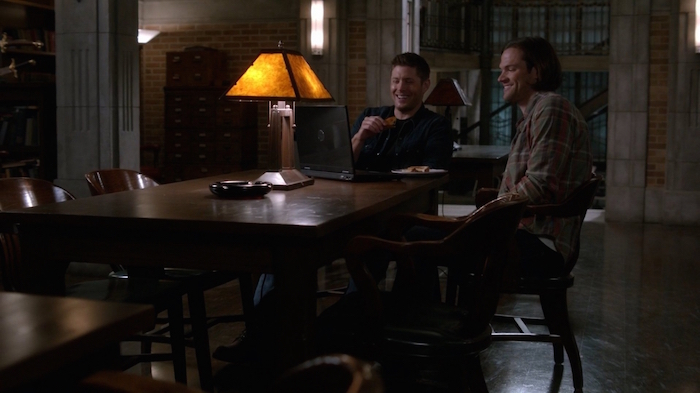

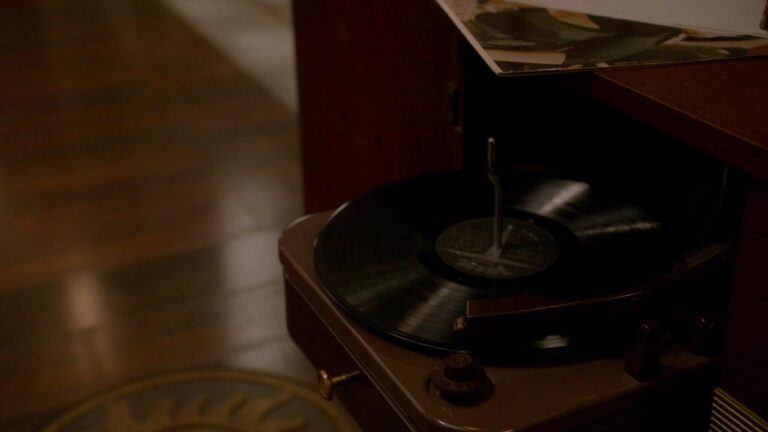
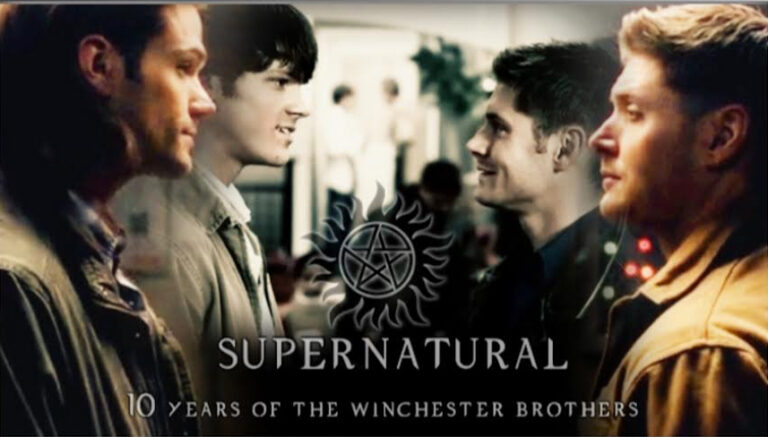
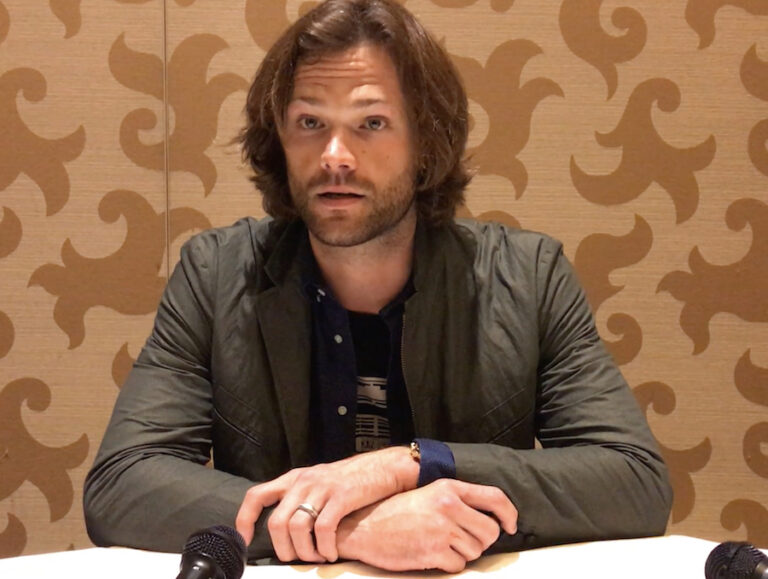
Leave a Reply